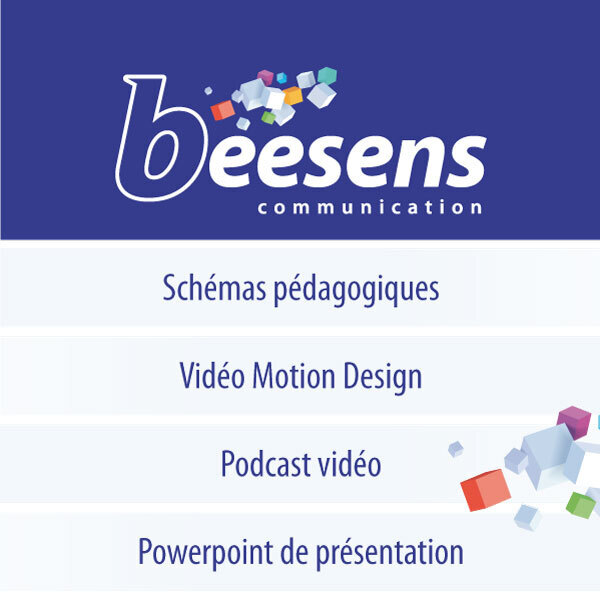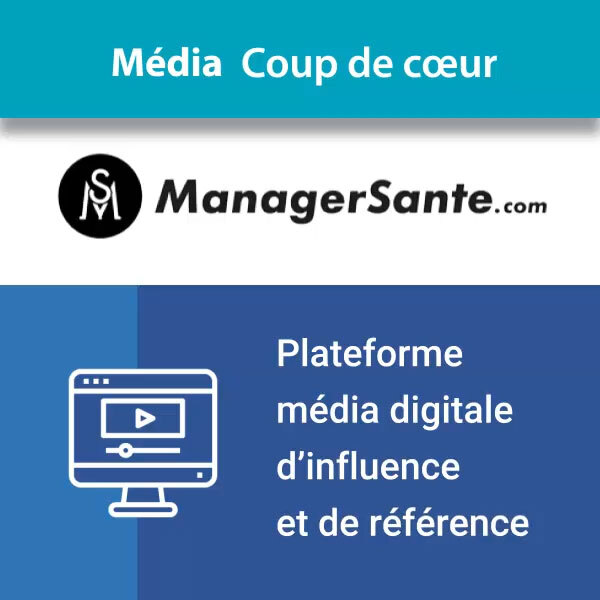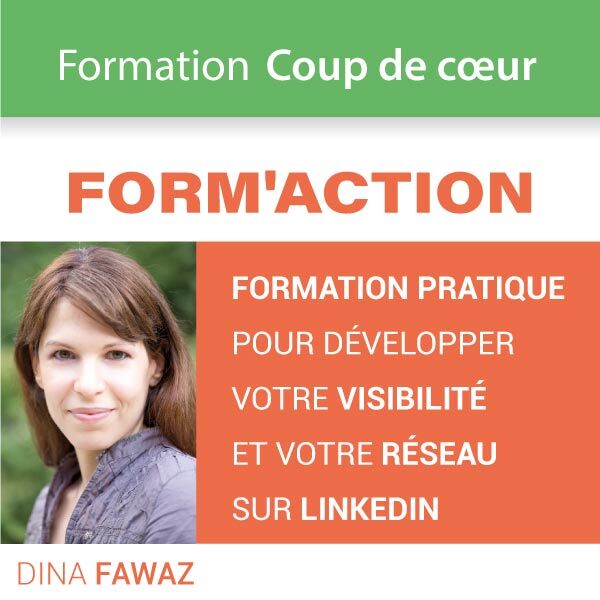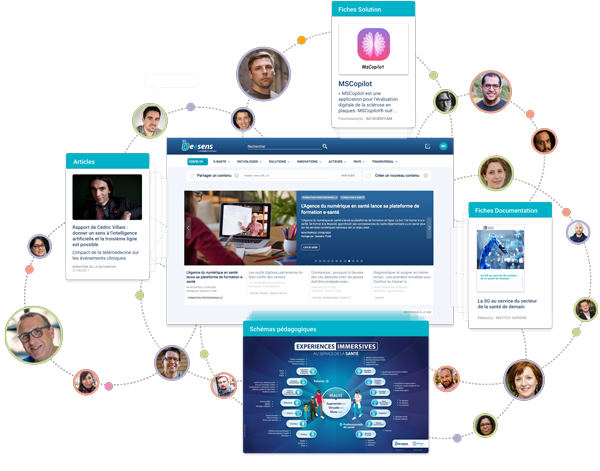"Social media and many other facets of modern life are destroying our ability to concentrate. We need to reclaim our minds while we still can
Johann Hari
Sun 2 Jan 2022 10.00 GMT
When he was nine years old, my godson Adam developed a brief but freakishly intense obsession with Elvis Presley. He took to singing Jailhouse Rock at the top of his voice with all the low crooning and pelvis-jiggling of the King himself. One day, as I tucked him in, he looked at me very earnestly and asked: “Johann, will you take me to Graceland one day?” Without really thinking, I agreed. I never gave it another thought, until everything had gone wrong.
Ten years later, Adam was lost. He had dropped out of school when he was 15, and he spent almost all his waking hours alternating blankly between screens – a blur of YouTube, WhatsApp and porn. (I’ve changed his name and some minor details to preserve his privacy.) He seemed to be whirring at the speed of Snapchat, and nothing still or serious could gain any traction in his mind. During the decade in which Adam had become a man, this fracturing seemed to be happening to many of us. Our ability to pay attention was cracking and breaking. I had just turned 40, and wherever my generation gathered, we would lament our lost capacity for concentration. I still read a lot of books, but with each year that passed, it felt more and more like running up a down escalator. Then one evening, as we lay on my sofa, each staring at our own ceaselessly shrieking screens, I looked at him and felt a low dread. “Adam,” I said softly, “let’s go to Graceland.” I reminded him of the promise I had made. I could see that the idea of breaking this numbing routine ignited something in him, but I told him there was one condition he had to stick to if we went. He had to switch his phone off during the day. He swore he would.
When you arrive at the gates of Graceland, there is no longer a human being whose job is to show you around. You are handed an iPad, you put in little earbuds, and the iPad tells you what to do – turn left; turn right; walk forward. In each room, a photograph of where you are appears on the screen, while a narrator describes it. So as we walked around we were surrounded by blank-faced people, looking almost all the time at their screens..."
Lire la suite
Your attention didn’t collapse. It was stolen
THE GUARDIAN, 02/01/2022
Partagé par :
Beesens TEAM











